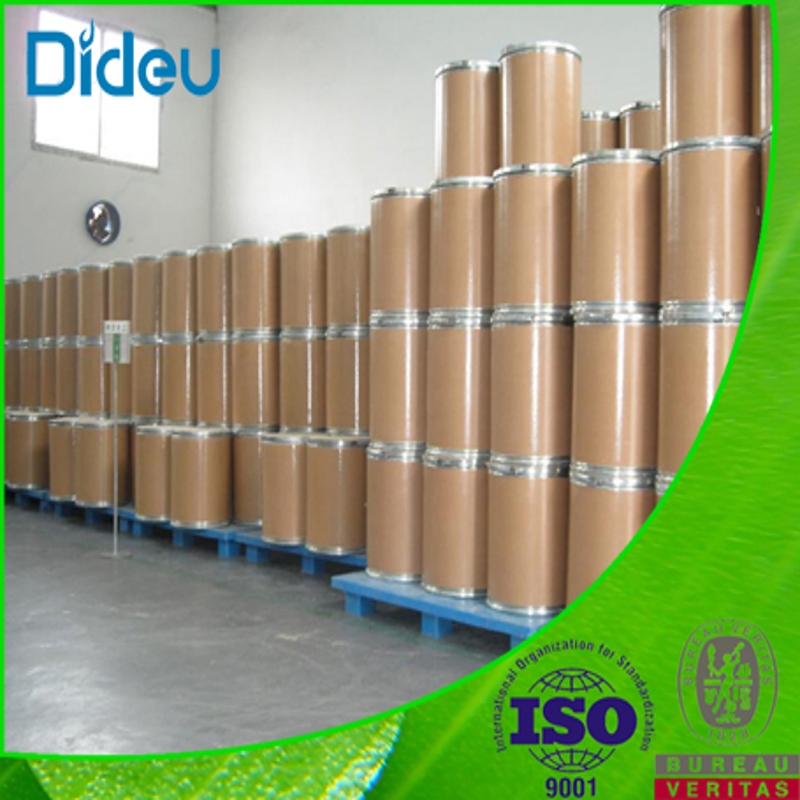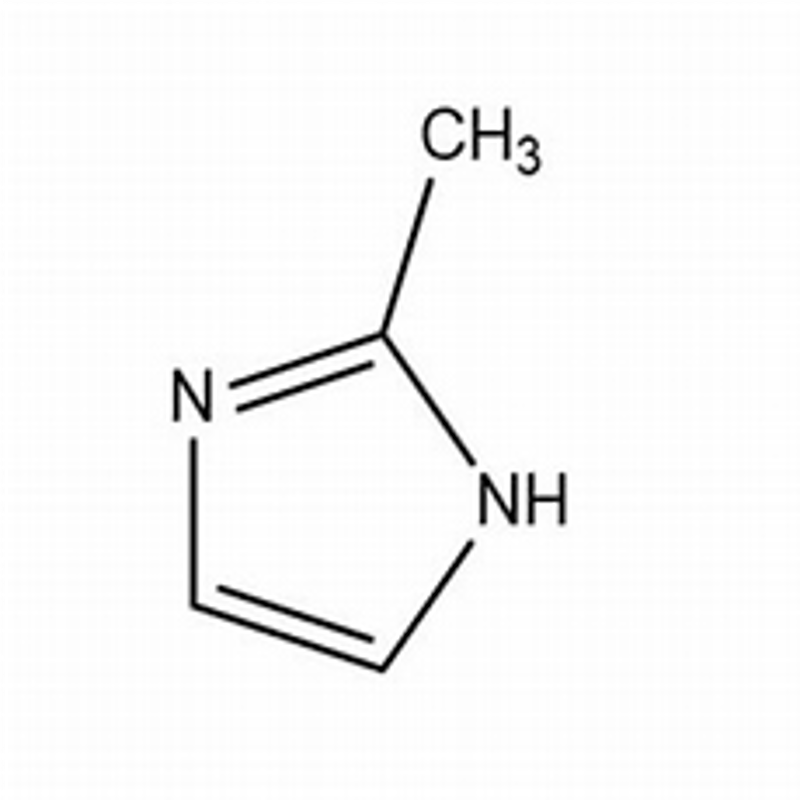-
Categories
-
Pharmaceutical Intermediates
-
Active Pharmaceutical Ingredients
-
Food Additives
- Industrial Coatings
- Agrochemicals
- Dyes and Pigments
- Surfactant
- Flavors and Fragrances
- Chemical Reagents
- Catalyst and Auxiliary
- Natural Products
- Inorganic Chemistry
-
Organic Chemistry
-
Biochemical Engineering
- Analytical Chemistry
-
Cosmetic Ingredient
- Water Treatment Chemical
-
Pharmaceutical Intermediates
Promotion
ECHEMI Mall
Wholesale
Weekly Price
Exhibition
News
-
Trade Service
5-Amino-2-(methylthio)pyrimidine-4-carboxylic acid, also known as N-acetylcysteine, is a derivative of the naturally occurring amino acid cysteine.
It is commonly used as a sulfur-containing building block in chemical syntheses, and has a wide range of applications in the chemical industry.
One of the most common applications of N-acetylcysteine is in the production of pharmaceuticals.
The thiol group (-SH) of N-acetylcysteine can be modified with various chemical groups, such as alkyl or acyl groups, to produce a wide range of modified thiol compounds, which can then be used as drugs or drug intermediates.
N-acetylcysteine is also used as a raw material in the production of many other pharmaceutical compounds.
Another important application of N-acetylcysteine is in the production of various chemicals and intermediates.
For example, it can be used as a building block for the synthesis of surfactants, emulsifiers, and other types of chemicals that are used in various industrial and domestic applications.
N-acetylcysteine can also be used as a sulfur source in the production of specialty chemicals, such as agricultural chemicals and catalysts.
N-acetylcysteine is also used in the production of antioxidants, which are compounds that protect other chemicals from degradation by free radicals.
Free radicals are highly reactive chemical species that can cause damage to cells and other materials, and antioxidants can help to prevent this damage.
N-acetylcysteine is used as an antioxidant in various industrial applications, such as in the production of plastics and other polymers, where it can help to protect the materials from degradation.
N-acetylcysteine is also used in the production of various types of fragrances and flavorings.
It can be used to produce compounds that have a sulfurous or oniony odor, which are often used in perfumes and other fragrances.
N-acetylcysteine can also be used to produce compounds that have a savory or umami flavor, which are often used in food products.
In addition to these specific applications, N-acetylcysteine is also used as a general chemical building block in a wide range of industrial processes.
Its thiol group (-SH) can be modified with various chemical groups, such as alkyl or acyl groups, to produce a wide range of modified thiol compounds, which can then be used in various applications.
For example, N-acetylcysteine can be used to produce compounds that have antimicrobial or antifungal properties, which can be used in various industrial and domestic applications.
Overall, N-acetylcysteine is a versatile and widely useful chemical compound, with a wide range of applications in the chemical industry.
Its sulfur-containing group makes it a valuable building block for the synthesis of a wide range of chemicals and intermediates, and its antioxidant and antimicrobial properties make it useful in various industrial and domestic applications.
With its diverse range of applications, N-acetylcysteine is an important compound in the chemical industry and is expected to continue to be widely used in the future.







